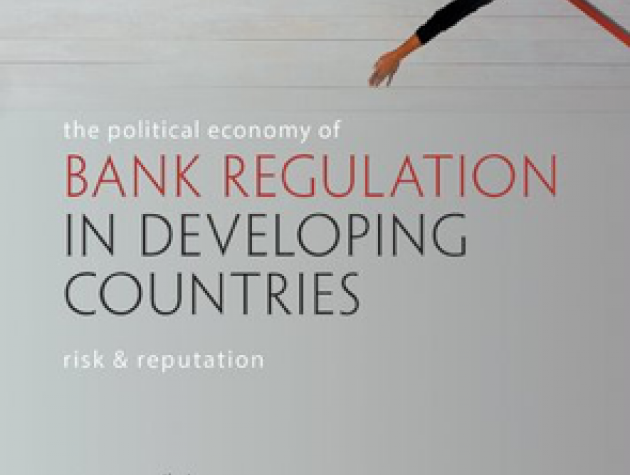GEG WP 2017/127 The Future of Global Financial Regulation
Paper prepared for the FCA Future Horizon Conference, 7 April 2017.
Feedback greatly appreciated – contact peter.knaack@bsg.ox.ac.uk.
Abstract
The current architecture of financial regulation is out of step with the evolving global landscape of financial services. Global financial standards tend to respond to the prerogatives of advanced economies, but large developing countries play an increasingly important role as stakeholder and innovator in the global financial system. Moreover, even the world’s poorest developing countries are deeply integrated into global finance, so decisions made in international standard-setting bodies have substantial implications for their economic development. We analyze regulatory developments in the areas of prudential banking, anti-money laundering, and shadow banking to show how global financial standards are essential and well-intended, but entail negative repercussions for inclusive growth in developing countries. In our outlook for the future of global financial regulation, we advocate for sustained global coordination and propose three specific reforms: First, standard setters move away from an exclusive focus on financial stability to the pursuit of the twin goals of financial stability and inclusive economic development - the equivalent of a Taylor rule for financial regulation. Second, reforms should be geared towards greater formal representation for developing countries. And third, we propose the transformation of an existing regulatory institution into a standard-setting body for fintech.






